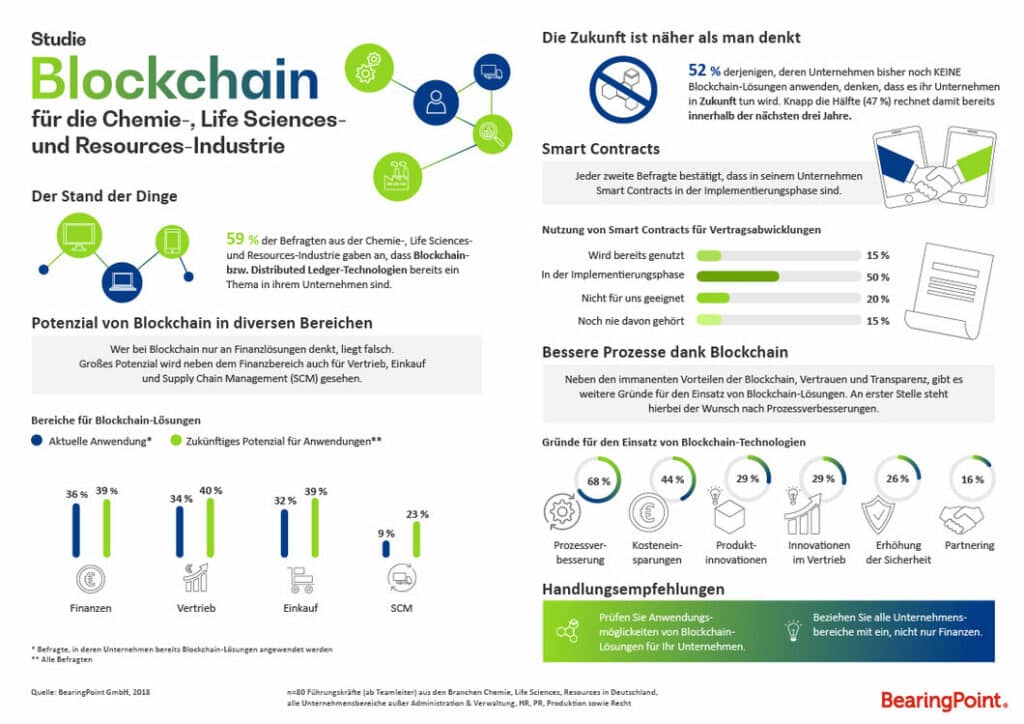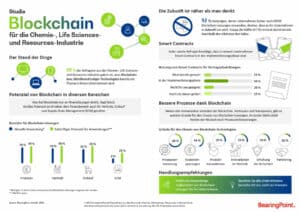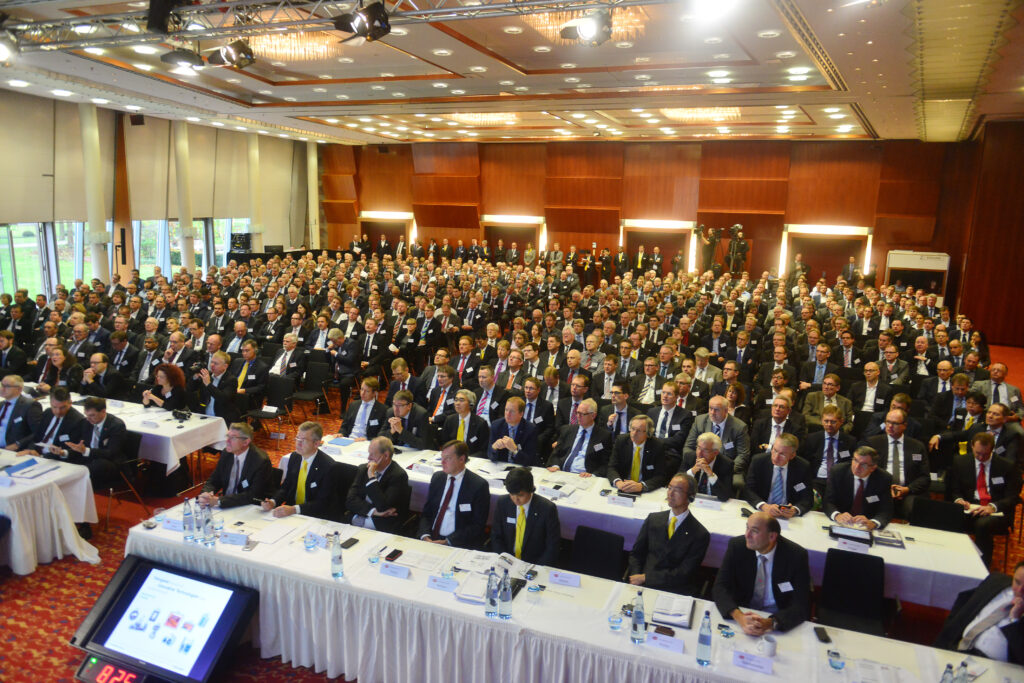File sharing services were very popular
How do you listen to music? Do you stream it? Or, like me, are you one of those old-fashioned addicts who still cherish the warm sound of vinyl? The digitalization of music imposed a dramatic upheaval on a whole industry, yet during the last few years we have seen it re-emerge as a growth market with new business models, notably streaming. Nevertheless, even though it’s now fashionable again to be retro, it’s unlikely that vinyl records will ever break free from their present niche existence.
Let’s cast our minds back a few years: in the beginning, file sharing services were extremely popular. They made it possible to share digital music tracks with other enthusiasts. Using these so-called peer-to-peer (P2P) systems, users could make interconnected computers and all computational resources available to one another. Files could be downloaded directly from a peer’s computer without resorting to a centralized server. It made no difference whether that peer was in the next room or across the other side of the world. In short, it was – and still would be – a great idea, if it wasn’t for the conflicts with copyright law and the lawyers who have made this their speciality. Legal issues and the distribution of royalties are meanwhile causing particular headaches for streaming services and other providers of digital music. The outcome is that the money passes through many different hands before it (hopefully) reaches the intended recipients.
There’s a certain charm to the idea of procuring music direct from the artist, with a fair reward both for him or her and for everyone else involved – especially in this rather opaque market with its umpteen middlemen. However, that would require a legally compliant contract to be drawn up automatically between two parties, with no intermediaries. That’s no easy matter when you consider that no-one would ever know exactly how many artists were in contact with how many music lovers. And how could you be sure that they were reliable and trustworthy? In a nutshell, how could the software system’s integrity be guaranteed?
The blockchain
Blockchains can make an important contribution here. They’re usually mentioned in the same breath as cryptocurrencies, chiefly bitcoins. Yet blockchains have a far wider range of uses than that, namely whenever tamper-proof storage of transactions – in other words, the transfer of ownership – is stipulated. Intermediary agencies such as banks or notaries – or in the case of the music industry, say, record labels or streaming services – are currently necessary for this purpose. Since all transaction data in a peer-to-peer network is stored by each user in a distributed database, where it cannot be modified subsequently, such data is (virtually) tamper-proof. Hence, intermediary agencies are rendered superfluous and business processes become faster, more flexible and more transparent. Many experts are convinced that the blockchain revolution holds even more potential than the invention of the Internet.
New business models
It comes as no surprise to learn that ideas for new business models are being developed and tested in all sectors of the economy. The Abu Dhabi National Oil Company (ADNOC), for example, recently announced its successful cooperation with IBM in a press release. The piloted platform allows the value of every single drop of oil, and the path it takes, to be tracked across the full value chain. Transactions at every stage, from the production well to the end customer, are documented and available unrestrictedly to all participants. ADNOC and IBM anticipate greater transparency between stakeholders, along with a huge reduction in the time it takes to execute transactions and increased efficiencies all along the value chain.
The VAKT platform specializes in trading with energy commodities. Initially limited to crude oil, the ambition is for it to gradually digitalize all trade based on the blockchain concept. The conditions right now are favorable and the same lack of clarity prevails as in the music marketing business. There are many entities involved in the trade process: producers, customers and banks as well as middlemen and public authorities. This has resulted in complex coordination procedures frequently extending beyond national borders. Many of these procedures are still paper based, meaning they are non-transparent and error-prone.
[ot-video]
VAKT’s Mission from Chris Middleton on Vimeo.
The response to the platform so far has been overwhelming. Leading energy companies like BP, Enquinor, Shell, Gunvor and Mercuria are already on board. A number of banks are also backing the project including ABN Amro, Ing and Société Générale as well as traders like Koch Supply & Trading.
“But it’s just the start: success for a blockchain solution depends on widespread adoption and we’re looking forward to seeing the ecosystem grow.”
John Jimenez, Interim CEO
 Is the revolution on its way?
Is the revolution on its way?
The chemical and pharmaceutical industries are traditionally conservative by nature and initially skeptical of anything new, preferring to wait and see. However, a study by BearingPoint shows that many firms are already addressing this issue or intend to do so in the near future. At the same time, only a minority consider it to have revolutionary potential, with nearly 60 percent of those interviewed believing that sustainable changes in selected processes are more likely and only 11 percent predicting holistic changes. Yet greater transparency, more efficient processes and cost savings are powerful factors that will drive the establishment of blockchains. We can look forward to watching how the market develops – evolution or revolution, that is the question!


 Is the revolution on its way?
Is the revolution on its way?

